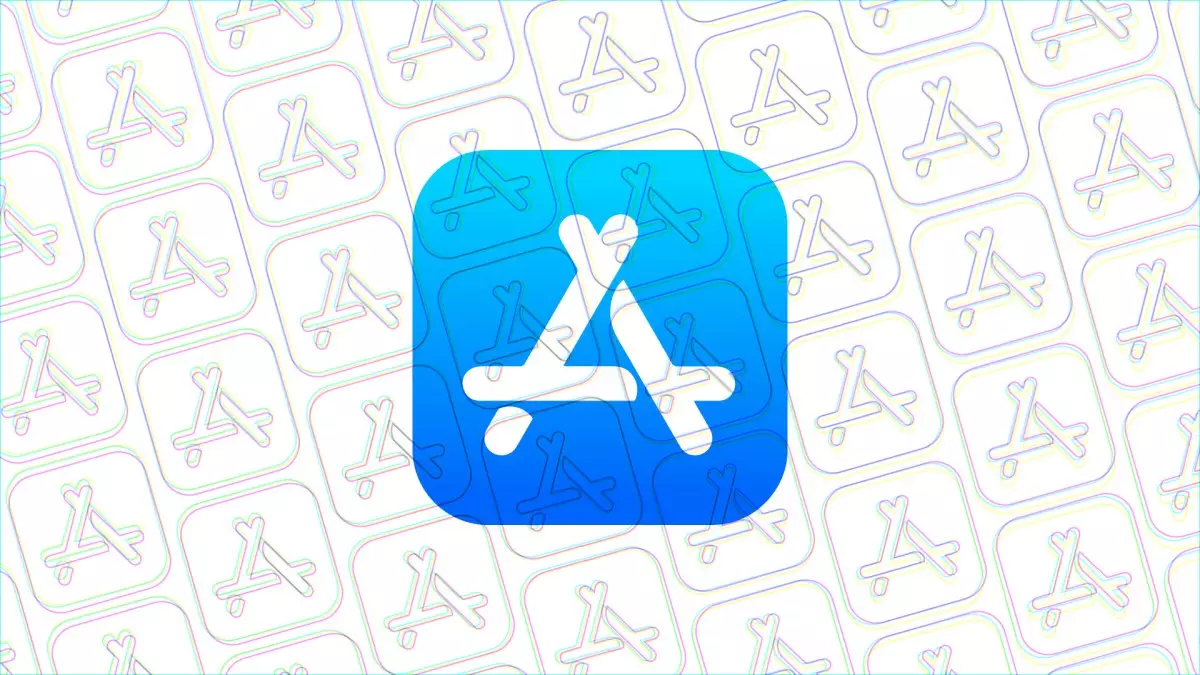The ongoing legal fracas between Apple and Epic Games highlights the complex dynamics of digital marketplaces and their governance. At the heart of this contentions battle is the App Store, with Epic Games questioning the legitimacy of Apple’s rules and the implications they have on developers’ financial autonomy. This dispute has reached a pivotal juncture as Apple faces a hard deadline to submit a staggering volume of over 1 million documents linked to its recent App Store modifications. The latest judicial ruling has left the tech giant grappling with the challenge of compliance within a constricted timeline.
Judge Thomas S. Hixson’s emphatic denial of Apple’s request for a deadline extension underscores the court’s frustration with the company’s perceived lack of transparency and preparedness. Hixson firmly characterized Apple’s plea as an act of “bad behavior,” reflecting the judiciary’s impatience with the tech behemoth’s handling of document submissions. The judge’s stern warning delineates that it is now solely Apple’s responsibility to ensure they meet the mandated completion by the rapidly approaching deadline of September 30. This marks a significant moment for the company, as the outcome of this document review could heavily influence the ongoing litigation and further alter the landscape of app distribution practices.
Epic Games’ Challenge and Apple’s Response
In the context of the broader dispute, the modifications to Apple’s App Store rules enacted earlier this year—prompted by judicial orders—have not quelled the tensions between the two parties. While Apple succeeded in many aspects during initial court proceedings, it was compelled to revise its stance on developer payments. However, Apple’s ongoing collection of reduced commissions on those same payment methods catalyzed Epic Games’ latest accusations of “bad-faith” compliance. This unfortunate tableau illustrates the perennial struggle for balance between corporate practices that prioritize revenue and the rights of developers demanding fair practices within marketplace structures.
The court’s oversight concerning the document discovery process serves as a critical stage in the litigation, revealing the strategic layers of this struggle. Epic Games had initially proposed a set of search terms deemed necessary for the discovery; Apple’s subsequent revelation that it had unearthed more than double the anticipated volume of documents raised alarms. This unexpected influx of paperwork, described as “north of 1.3 million documents,” not only adds complexity to the timeline but reflects upon Apple’s document management and compliance strategies. Judge Hixson pointedly remarked on Apple’s intentions, implying that the company had ample time to prepare for this documentation process—a notion that casts doubt on their operational acumen.
As Apple scrambles to align its operations with the judicial mandate, the outcome of this legal confrontation will undoubtedly have lasting implications for the structure and regulation of app distribution platforms. The results may redefine developer rights and the operational protocols of major tech organizations in the digital ecosystem. The tensions underline a crucial call for transparency and fair practices, which are essential for fostering innovation and equitable financial models for developers. As the legal dust settles, users and developers alike will be watching closely to see how this saga unfolds and its influence on the future landscape of mobile applications.

